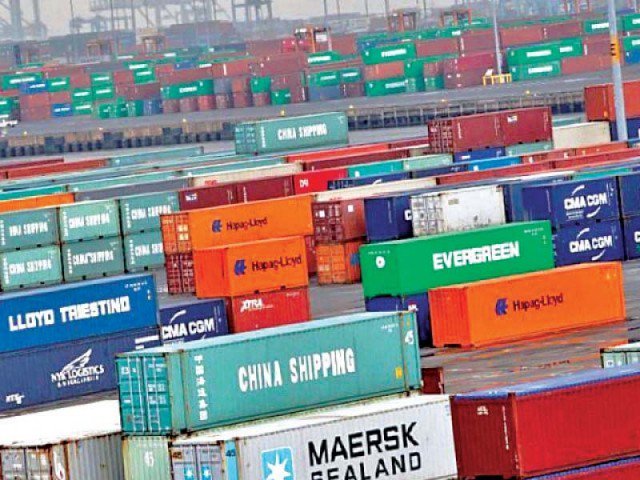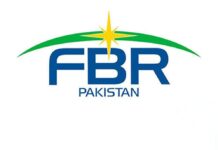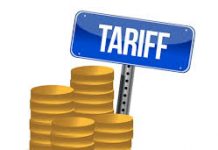
ISLAMABAD: The Federal Board of Revenue (FBR) and Ministry of Commerce are at loggerheads on the matter of National Tariff policy.
Sources told that Ministry of Commerce has presented the policy in Thursdays federal cabinet meeting, but it could not be approved due to reservations of tax department.
Sources told that FBR has a point of view that they will be deprived from billions of rupee revenue from this policy.
On the other hand, MoC officials stated that tariff policy not only will enhance the competitiveness and productivity of the domestic industries but facilitate through participation of local manufacturers, including SMEs in global and regional value chains.
Moreover, sources told that Finance Minister Asad Umar has also given the go head to approve the policy but owing to tax department request, PM deferred the matter.
Sources told that Ministry of Commerce has proposed to lower down the customs duty on around 4000 raw material within the period of three years.
Presently, there are 241 export oriented raw material which have 3 to 20 percent Customs duty and tax department is collecting more than Rs 20 billion tax. Commerce ministry has proposed to reduce the CM on 0 to 16 percent on these TL.
Ministry has also proposed to re-fix customs duty on 1400 Tariff lines which have 16 and 11 percent CD. Government is collecting around Rs 3 billion from these TL.
Besides this, there are 2300 items which have 3 percent CD and it has been proposed to reduce the duty within the period of three years.
Sources told that revenue impact on fiscal year 2019-20 would be Rs 40 billion and Rs 33 billion in 2020-21 and 2021-22 respectively.
Both departments have been at loggerheads on this matter for last many years as FBR has been concerned about the generation of revenue thus imposition of regulatory duties and other taxes without examining that how the same would hamper manufacturing industry and overall exports.
On the other hand, trade ministry believes that they care about exports, imports, trade and industry in the country, making policy related to exports/imports is purely mandate of the commerce.
Source told that Pakistan has liberalized its tariff regime since 2005 however the tariff structure remains complex and needs to be simplified.
The approval of NTP was included in the hundred-day agenda of advisor to Prime Minister on Commerce, Industry, Textile and Board of Investment (BOI) which was missed.
State minister on revenue Hamad Azhar while taking to Pakistan Today said that FBR did not oppose the policy but it has requested for time to give its comments on it.






